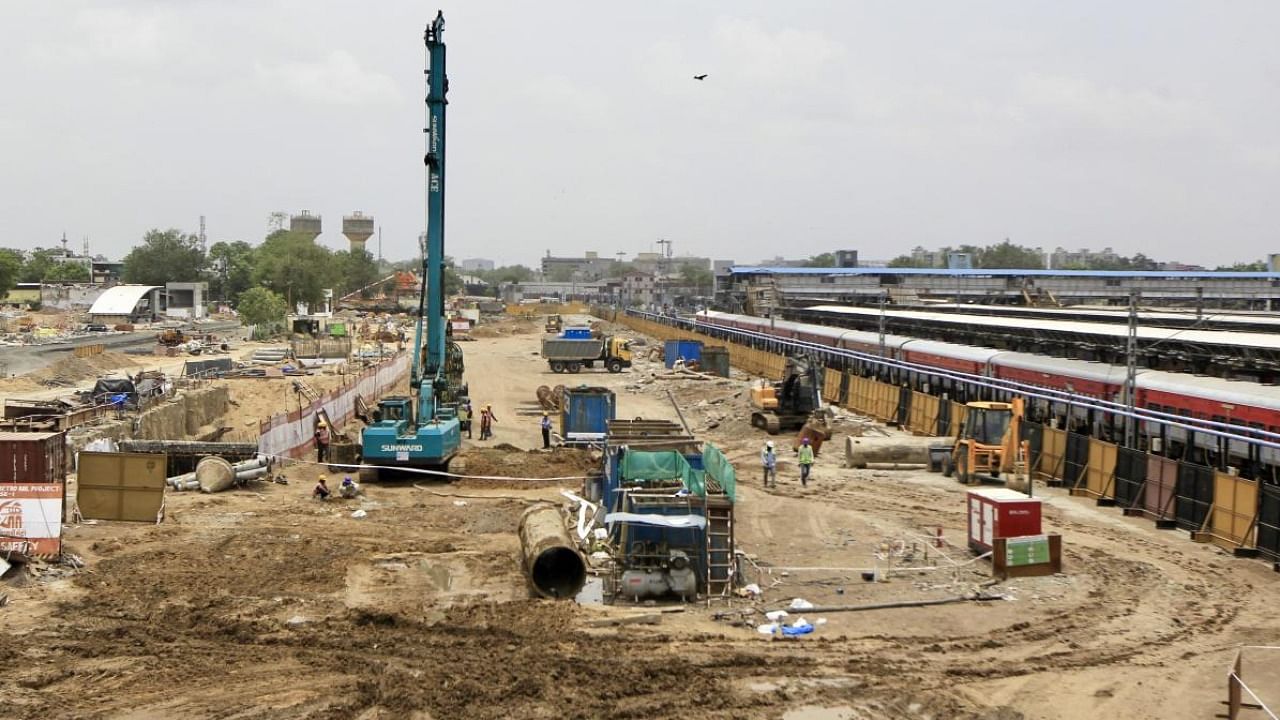
Amid the tardy progress of bullet train project, a high level Japanese delegation headed by Japan Prime Minister's Special Advisor Mori Masafumi is to visit India on December 25 to meet Railway Minister Ashwini Vaishnaw to sort out certain key issues related to the project.
The issues including rising input cost, estimated pricing of the rolling stock and delay in execution of the project will be discussed in the meeting, a senior official in the Railway Ministry told DH.
The Railway Minister is likely to take the delegation to project site at Surat to witness the work in progress.
Since the project is set to enter an important phase with the tenders for rolling stock including trainset and signalling system are being finalised, Japanese official already hinted pricing of rolling stock will go up.
With the increased input cost of rolling stock due to delay in project, both India and Japanese officials are likely to discuss this issue and try to arrived understanding on pricing of rolling stock, said the official.
The bullet train project between Mumbai and Ahmedabad was sanctioned in December 2015 at an estimated cost of Rs 108,000 crore with 80 per cent Japanese funding as an easy loan. Since the cost of the project is expected to go up to Rs 2 lakh crore, India also discuss with officials of Japan about their firm commitment about financing.
Earlier the project was planned for completion by 2023 but it has witnessed multiple extensions due to delay in land acquisition. Now target has been set to make it operational in Gujarat section by 2026.
The Railway Ministry has claimed that the project execution gained momentum as 98.22 per cent land has been acquired in Maharashtra, in Gujarat, 98.87 per cent land has been acquired and in Dadra and Nagar Haveli, 100 per cent of the land has been acquired for the project.
The physical progress till November 23 was 24.1 per cent, the ministry said, adding that while almost 30 per cent of the work has been completed in Gujarat, in Maharashtra, around 13 per cent has so far been achieved.
"Piers have been erected for a distance of more than 118 kilometres, girders are being launched and the work on the construction of bullet train stations has also started," the railway ministry said.
